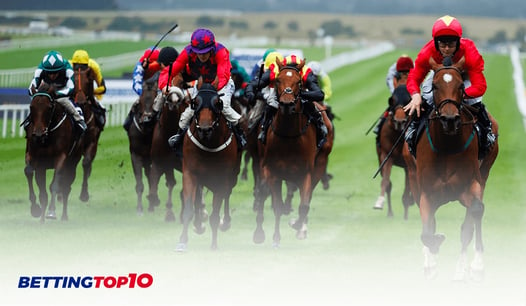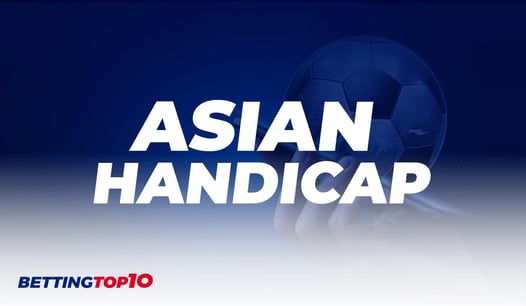Blog

Cheltenham Festival 2024 - Ante Post Tips Guide
Cheltenham Festival 2024 post tips for Winning Bets
01/15/2024
Blog
Understanding Horse Racing's Rule 4: Impact & Insights
Rule 4s in horse racing are deductions made to the odds of a horse when one or more horses in a race are withdrawn (scratched) after betting has already begun. These deductions are designed to ensure that bettors receive fair payouts when they win, t...
11/29/2023
Blog
Top Tips for Maximising Your Heinz Betting Strategy
In the world of sports betting, having a solid strategy is absolutely essential when it comes to maximising your chances of success. Whilst any sports betting tactic does carry an element of risk, due to the unpredictable nature of sport generally, t...
07/06/2023
Blog
How to pick a winning horse
Looking to improve your chances of picking a winning horse in horse racing? Discover effective strategies and tips on how to select a winning horse with our comprehensive guide.
06/12/2023
Blog
How to make a sure bet
Discover the strategies and techniques for finding and placing sure bets and whether you're a beginner or a seasoned punter, this article will help you navigate the world of sure betting.
06/11/2023
Blog
Betting on Stake - A Step by Step Guide
Learn how to get started with sports betting on Stake, a popular online bookmaker. This step-by-step guide will help you engage in the thrill of betting on your favorite teams and athletes from the comfort of your home. Discover the wide range of spo...
05/20/2023
Blog
What is an Asian Handicap value bet?
Discover how to identify bets with a positive expected value, understand different types of handicaps, and manage your bankroll effectively.
05/17/2023
Blog
What is Patent Betting and how does it work?
This article provides a comprehensive overview of patent betting, explaining what it is and how it works across a range of betting sites. Regardless of your betting aspiration, you'll gain a solid understanding of this popular betting strategy and ho...
05/02/2023
Blog
What does SP (strating price) mean in Horse Racing?
Explore the meaning of SP on betting sites and gain an in-depth understanding of this commonly used term.
05/02/2023
Blog
List of All Online Betting Sites in Ireland
Here you can find the full list of online betting sites in Ireland with all the information you need to know about the bookies before making a bet. BettingTop10 provides honest information, our experts are the best in the sports betting field so you ...
09/14/2022
Blog